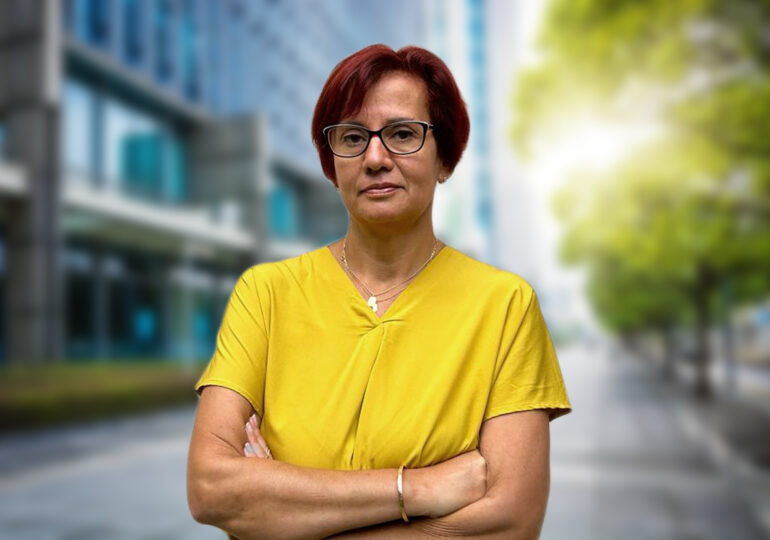Every beginning of the school year marks in major cities, especially in Bucharest, the resumption of the ordeal in traffic. And this autumn, for the people of Bucharest, it will be even harder, due to the numerous construction sites opened simultaneously and for different reasons in key areas of the city.
However, the solution to this rhythmic torment is not primarily where local and central authorities are looking and experimenting, that is, in the development of infrastructure and traffic management. Sure, they are also necessary, they bring an improvement, but the major problem lies in the increasing number of cars on the streets that, despite all the improvements, have a limited capacity.
So the question is how to reduce this huge number. And since it is obviously related to the school year, could, paradoxically, the solution for better traffic, for a breathable city, not be on the streets, but in schools?
Why do so many people every morning take their children of all ages and travel with them for minutes on end, maybe even over an hour, to daycares, kindergartens, and schools of all levels?
Of course, some are comfortable and cannot conceive their existence without sitting in a car. This is also a category. But most do it out of the need to take the young child to a daycare or kindergarten where they found an available spot, with great efforts. The number of these institutions remains insufficient, although they are vital for parents who cannot afford nannies or do not have a support system in the family.
Others are driven by the obsession to send the child to a school with the best reputation possible. And for this, they not only sacrifice hours spent in traffic but also engage in maneuvers to establish residence with relatives and friends, pay bribes, invest in tutoring from the primary cycle for the entrance exam to the 5th grade, which has become more difficult than admission to many universities. The first ones tormented are, of course, the children, subjected to efforts and pressures totally inadequate for their age.
That to a large extent these schools offer only the illusion of superior quality is true, as explained for spotmedia.ro by Prof. Mihaela Popa. Children entering the 5th grade with very high grades end up in the 8th grade with modest results. But parents do what they believe needs to be done.
Why don't they choose, as it is normal for the primary and lower secondary cycles, the school near home?
First of all, because they lack trust. Certainly, in neighborhood schools, there are some very good teachers and professors, some much better than those in prestigious schools. However, the generalized lack of trust comes from the overall image of education, deplorable after years of neglect.
Low salaries and grotesque politicization have led to generally only the weakest graduates and/or totally unprepared individuals for the teaching career coming to the lectern. You can be a bookworm in your field, but it doesn't mean you are a good teacher if you are not trained in this profession.
And since the quality of education starts with the quality of the teacher, it is certain that the level of schools is extremely uneven, unpredictable, so parents who can afford it are willing to make any effort for what they consider a safe option.
In addition, for many parents, a school with an "after school" program is a necessity for which they are once again willing to ride the congested streets of cities with children who fall asleep, eat, play on their phones in the car as in a mobile home.
These journeys take away from the already scarce time in which they could exercise, go out for fresh air, read, truly relax.
The solution is not a mystery, but it requires serious reforms, tenacity in rebuilding the school and trust in it, with some clear steps described by Prof. Mihaela Popa: serious mentoring for young teachers, depoliticization of education, greater decentralization to schools so that they can get closer to the community, a general education from 6 to 16 years old, at the school near home, during which children are not subjected to exams, but only to evaluations to verify the system's effectiveness. Evaluation at 16 years old where those with grades above 5 can go to high school, others to vocational education.
The new education law does not take any steps in the right direction. On the contrary. The long road that would involve rebuilding trust in schools and equalizing the level has not even begun.

